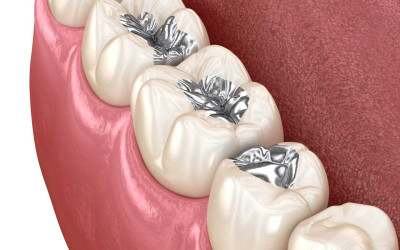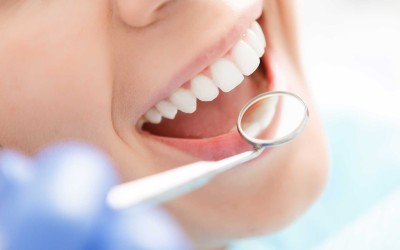Coping with Nighttime Teeth Grinding and Clenching

Coping with Nighttime Teeth Grinding and Clenching
- 8 September 2023
- 17940 views
Uncover the mysteries of nighttime teeth grinding and discover the effects of bruxism. Find solutions for better dental health and restful sleep with Dentevim.
This content is for informational purposes only and does not replace medical advice, diagnosis, or treatment. Please consult a healthcare professional for any health concerns.
Table of Contents
The enigmatic world of nocturnal teeth grinding and clenching, also known as bruxism, is a perplexing dental phenomenon that often occurs under the cloak of night. While individuals rest, their jaws might be engaged in a quiet yet potentially harmful activity. In this exploration, we journey through the intricacies of bruxism, decipher its multifaceted consequences, and present an array of transformative solutions that promise healthier smiles and restful nights.
Understanding the Subtle Mechanics of Bruxism
Bruxism, encompassing the unconscious grinding and clenching of teeth, primarily manifests during sleep or when one is in moments of stress, frequently evading conscious awareness.
Teeth Clenching: Akin to a powerful embrace, teeth clenching involves the forceful contact of upper and lower teeth. The prolonged and excessive pressure exerted can lead to enamel erosion, heightened tooth sensitivity, and potential fractures.
Teeth Grinding: A more intricate act, teeth grinding entails the lateral movement of teeth back and forth. The friction generated from this action can result in micro-cracks and surface erosion on teeth.
Revealing the Multifarious Repercussions of Nocturnal Bruxism
The aftermath of bruxism can reverberate beyond the confines of dental health, leaving an indelible impact on various aspects of overall well-being:
- Tooth Erosion and Fractures: The persistent forces exerted during bruxism contribute to the gradual erosion of tooth enamel, making teeth prone to sensitivity and fractures.
- Dental and Jaw Discomfort: The intensive grinding and clenching can induce soreness and tension in the jaw muscles, often leading to headaches and neck pain.
- Tooth Sensitivity: The gradual erosion of enamel can lead to heightened tooth sensitivity, causing discomfort when consuming hot, cold, or sugary foods.
- Temporomandibular Joint (TMJ) Implications: The continuous mechanical stress on the TMJ can result in discomfort, pain, and impaired jaw movement.
- Disturbed Sleep Patterns: Nocturnal bruxism can disrupt sleep cycles, culminating in daytime fatigue and reduced cognitive functionality.
Transformative Strategies for Alleviating Bruxism
Effective management of bruxism necessitates a multifaceted approach, tailored to individual symptoms and severity:
- Night Guards and Splints: Dental professionals often recommend custom night guards or splints. These specialized devices create a protective barrier, cushioning teeth from the effects of grinding and clenching while promoting relaxation of the jaw muscles.
- Botox Injections: In select cases, therapeutic botox injections can be administered to diminish the excessive activity of jaw muscles, offering relief from discomfort and associated symptoms.
- Physical Therapy: For individuals with pronounced TMJ issues, targeted physiotherapy can strengthen jaw muscles and enhance flexibility, promoting better jaw function.
- Stress Mitigation Techniques: As stress is a known catalyst for bruxism, adopting stress management strategies can significantly mitigate its occurrence and effects.
- Orthodontic Interventions: If bruxism stems from dental misalignment, orthodontic treatments such as braces can address the root cause, aligning teeth and curbing the effects of grinding.
- Pain Management and Muscle Relaxation: For severe cases, prescribed pain relievers and muscle relaxants can provide temporary respite from discomfort and pain associated with bruxism.
At Dentevim we stand as your allies in the pursuit of a bruxism-free existence. Armed with personalized strategies and an unwavering commitment to your dental and overall well-being, we embark on a transformative journey. Together, we unveil the enigma of nocturnal teeth grinding and clenching, shaping healthier smiles and rejuvenating sleep patterns. As we work in tandem, the once-mystifying impact of bruxism yields transformative solutions, revealing a brighter, more vibrant you.







